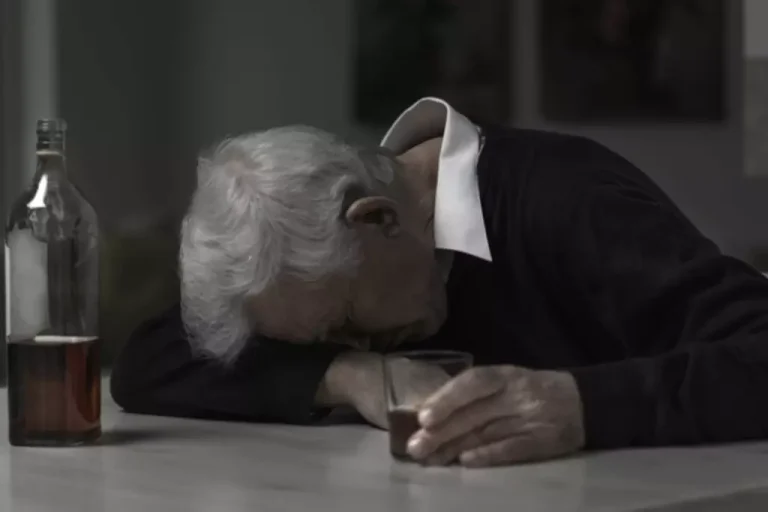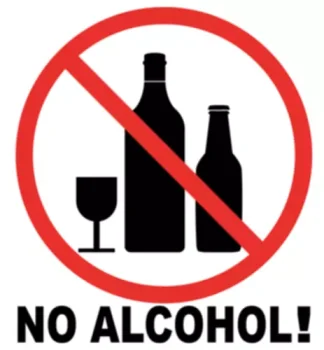Xero Accounting Review 2024: Pricing, Features, Alternatives
April 13, 20225 простых и рабочих разворотных моделей
May 20, 2022
This is especially true of heavy drinkers who are surrounded by the triggers that encourage drinking and lack the support needed to encourage change. Take our short alcohol quiz to learn where you fall on the drinking spectrum and if you might benefit from quitting or cutting back on alcohol. Withdrawal usually begins 6 to 8 hours after the last drink and peaks within 72 hours. Having a plan can help you stay on track and it can keep you safe.
Identifying a Standard Drink
- Symptoms of delirium tremens can develop within 48 hours and, in some cases, have fatal consequences without proper treatment.
- Your insurance plan may cover some or all of the cost of treatment for drug or alcohol addiction.
- It’s important to communicate your goals and intentions to your support system, as they can help you stay motivated and hold you accountable.
Tapering off alcohol is a methodical approach that allows you to gradually reduce your alcohol consumption over time. This approach is particularly beneficial for individuals who have been consuming alcohol regularly and are concerned about potential withdrawal symptoms. If you’ve been unable to quit on your own, you should consider attending an alcohol rehab center. https://ecosoberhouse.com/ It teaches you healthy ways to cope with stress and techniques for overcoming the underlying causes of alcohol addiction. If you’re addicted to alcohol, it’s unlikely that you’ll be able to recover without some form of addiction treatment. You may be able to detox at home and recover from alcoholism with the help of support groups such as Alcoholics Anonymous.
You Experience Withdrawals When You Stop Drinking
The alcohol content in specific beer, wine and liquor products differs. You can use the guidelines to get an idea of how how to taper off alcohol many standard drinks you’re used to. The experience of withdrawing from alcohol can be uncomfortable and difficult.
Tapering Off Alcohol

If you or someone you know is experiencing symptoms consistent with DTs, call 911. DTs can be fatal, and a person going through them should have medical support in a hospital or rehab facility. The timeline for alcohol withdrawal will be different for each individual. However, here is a sample timeline of what the average person can expect. The effects of alcohol can vary depending on weight, gender, age and other factors. Alcohol tapers are strategies to stop drinking by slowly decreasing the amount of alcohol a person consumes.
- Those who find that they cannot taper off the number of drinks for any significant length of time have likely developed alcohol use disorder, a condition commonly known as alcoholism.
- If you’re unsure where to find a support system, consider joining an alcohol support group or seeking professional help.
- If you suddenly quit drinking, your brain can start to make more of an excitatory substance called glutamate.
What Happens to the Body When You Stop Drinking?
Surrounding yourself with those going through the same process you are, and learning the same life lessons you are, can make a big difference in your healing journey. You’ll talk about different topics regarding addiction and recovery and bond over shared feelings and experiences. Tapering off alcohol is a step in the right direction, but there’s more to the story. It’s vital in this process to have professional help, so you can stay safe and as comfortable as possible. You can master the necessary life skills to maintain your sober lifestyle through treatment. Laying it all out in black and white can take time and some serious self-examination.
As you begin to notice those health benefits, you’ll likely feel more energized and inspired to keep up your progress. Family and friends can provide encouragement and support when you stop drinking. By opening up about your relationship with alcohol, you might also encourage others to explore their own drinking habits. Knowing why you drink is essential, says Cyndi Turner, LCSW, LSATP, MAC, a Virginia therapist specializing in addiction treatment and alcohol moderation.
Evaluate Your Drinking Habits
This process can help your body break its dependency on alcohol with minimal side effects. A substitution taper refers to switching strong liquor for an alternative that contains less alcohol, like beer. Once you’ve changed to a less alcoholic option, you can gradually reduce your drink amount. It can be helpful to make a plan ahead of time for how to handle a relapse. For example, some people choose to write a list of reasons why they want to stop drinking alcohol, and revisit the list to remind themselves after a relapse.

